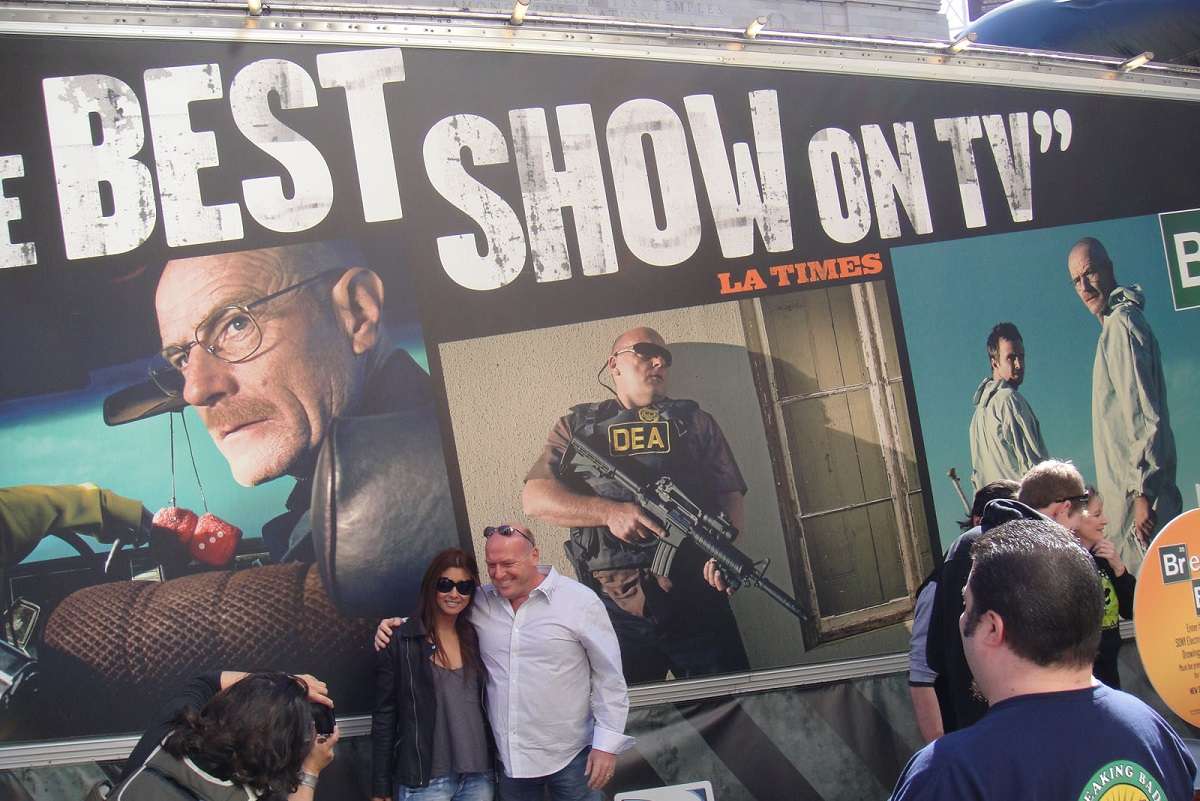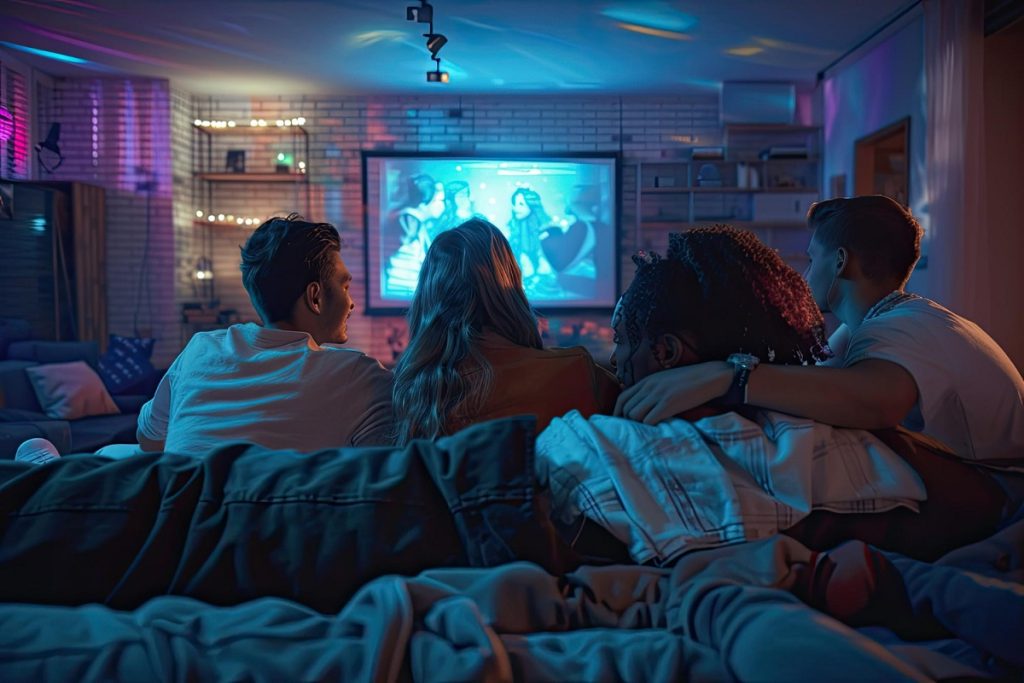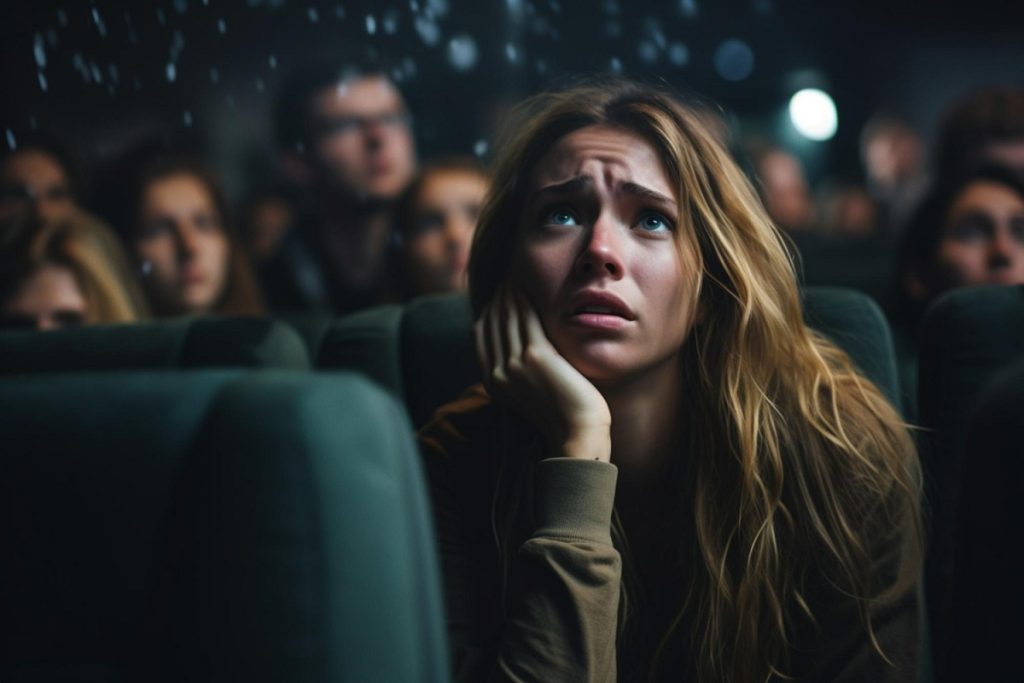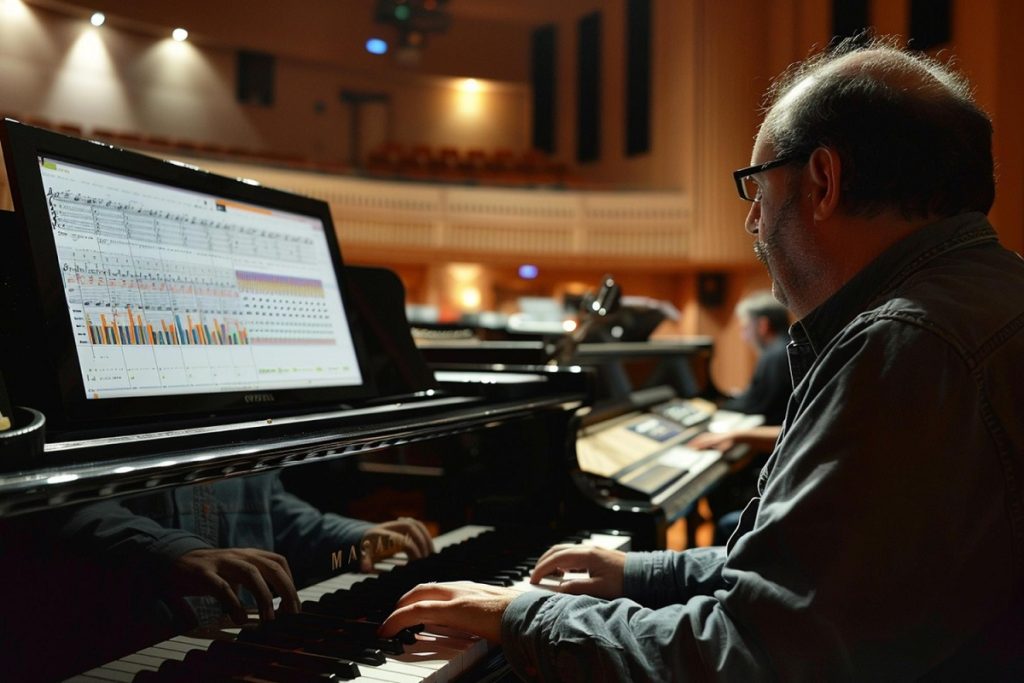In the continuously evolving landscape of television, the importance of soundtracks in crafting memorable and impactful viewing experiences cannot be overstated.
As we entered what many consider the Golden Age of TV, marked notably by series like The Sopranos and Breaking Bad, the role of music in storytelling has undergone significant transformations, marinating scenes with emotional depth and narrative precision.
This evolution begs the question: what comes next in the symphony of screen scoring?
The emotional conductor
At the heart of every great TV show lies a compelling score that maneuvers the viewer’s emotions, often without them even realizing it.
Whether it’s the chilling strings of Game of Thrones that set a somber tone or the nostalgic synthesizers of Stranger Things, the soundtrack acts as an emotional guide.
Notably, Ramin Djawadi’s work on Game of Thrones exemplifies how a theme can encapsulate the epic scale and intricate storytelling of the series, binding viewers with a consistent auditory cue.
Narrative enhancement
Apart from evoking emotions, music also greatly enhances the narrative by adding a layer of subtle storytelling.
Bear McCreary’s innovative score for Outlander employs traditional Scottish instruments, embedding the viewer into the highlands of Scotland alongside Claire and Jamie. T
his score not only serves as background ambiance but also enriches the historical context and authenticity of the narrative, making historical dramas come alive.
The atmospheric architect
Atmospheric scoring shapes the environment of a scene succinctly yet profoundly.
Consider how the haunting, minimalist score by Mac Quayle for Mr. Robot heightens the show’s themes of isolation and technological intrigue.
The music subtly crafts a digital soundscape, mirroring the show’s cyber-centric storyline, and underscores the psychological depth of the characters.
Looking forward: the future of TV fcoring
As we move forward, the role of music in TV is set to become more dynamic and integral. Innovations in technology mean composers have new tools at their disposal, enhancing their ability to contribute to the show’s atmosphere and narrative.
Moreover, with the globalization of TV series, scores are also becoming more culturally diverse.
The inclusion of local instruments and musical traditions, as seen in shows like Narcos, not only lends authenticity but also enriches the viewing experience by introducing audiences to new soundscapes.
Cultural and historical significance
The cultural imprint of a soundtrack can resonate well beyond the airing of the show itself, influencing music trends and popular culture. For instance, the 80s revival in music and fashion can be partly credited to the success of Stranger Things.
The impact of these soundtracks can also be educational, such as how The Crown’s score includes subtle nods to period-specific music, reflecting the historical era being portrayed and adding a layer of educational value to entertainment.
As the golden age of TV burgeons, so does the sophistication of its soundtracks. What we can expect next is a continued blending of music, story, and culture, pushing the boundaries of how auditory experiences can enhance visual storytelling.
The future beckons a new wave of composers who will not only score a scene but breathe life into every frame, making the music as integral to storytelling as the script itself.
In conclusion, the role of the soundtrack in TV production is not only here to stay but is set to become a more vital and compelling part of our viewing experience.
The next chapter in TV music awaits an exciting score, and only time will tell how it will reshape our emotional and sensory engagement with the narrative universes we cherish.






